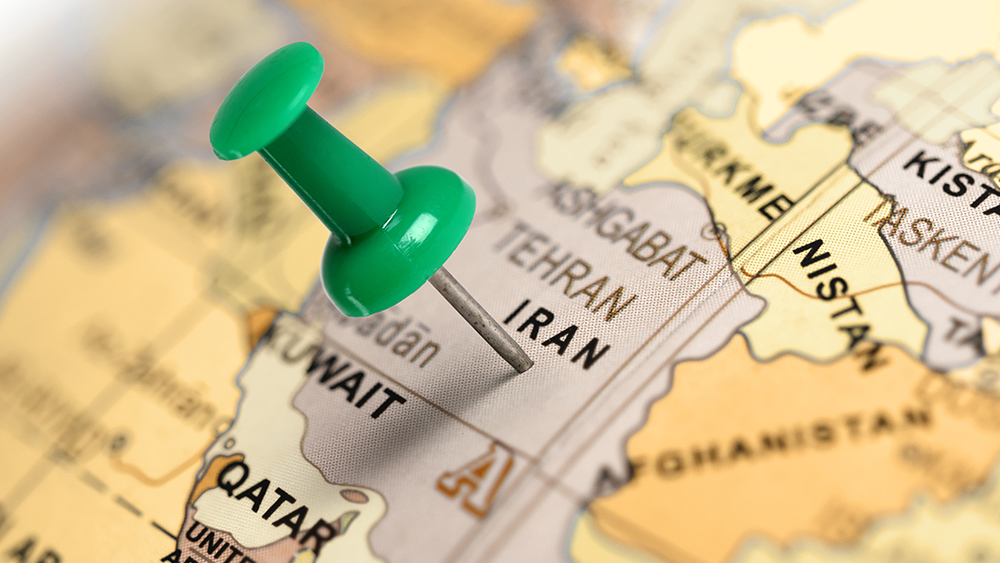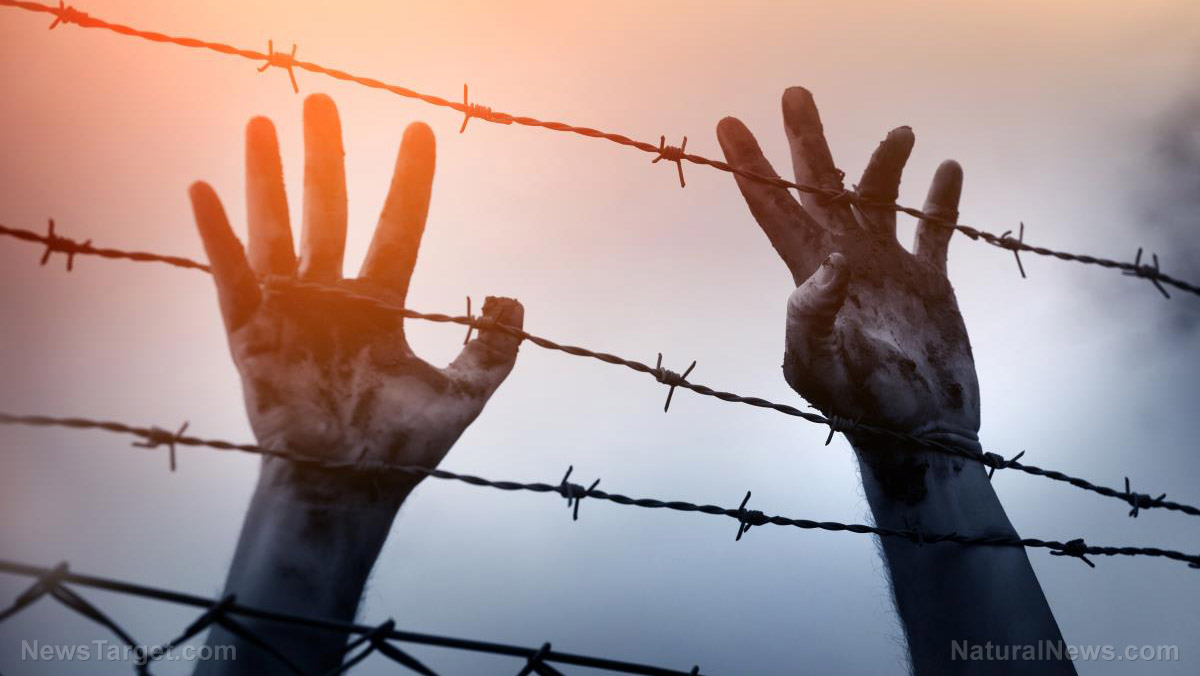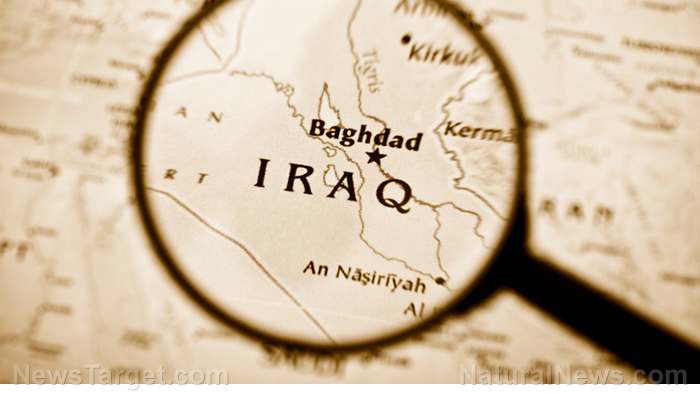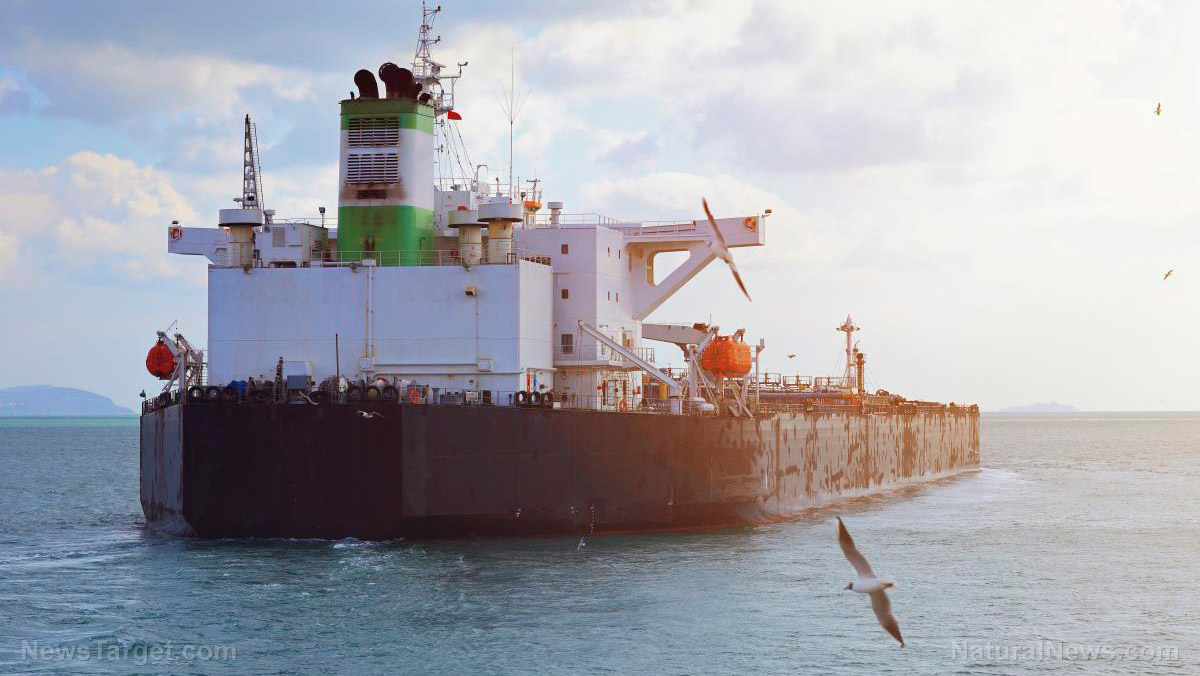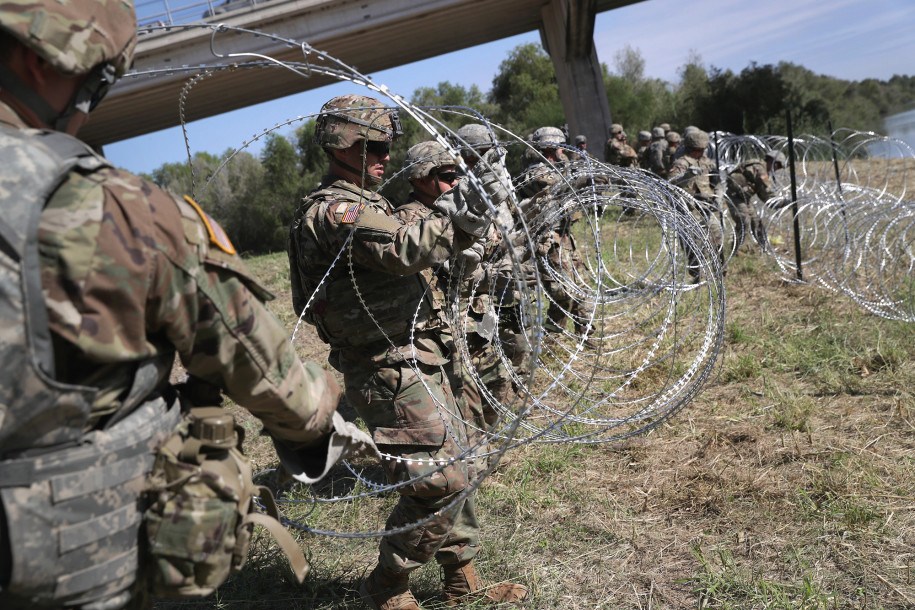Iranian-backed Houthi, al-Qaeda plan SUICIDE ATTACKS against Western targets
01/26/2024 / By Richard Brown
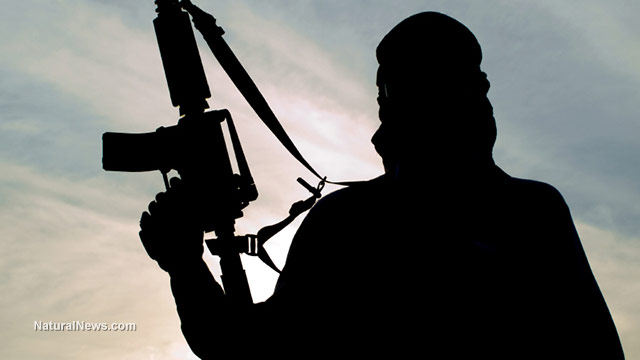
Iran-backed Houthi rebels have engaged in covert discussions with Al-Qaeda, exploring potential collaboration on coordinated actions, including suicide attacks against Western targets, according to western media sources.
The Houthis, based in Yemen, purportedly sought to enlist support from their Islamist counterparts to bolster their activities in the Red Sea region, targeting perceived shared adversaries. Secret meetings between Houthi clerics and Al-Qaeda leaders reportedly occurred in Yemen’s capital, Sanaa, as well as the Houthi stronghold of Hodeidah along the Red Sea.
These discussions unfolded amid accusations by Yemeni officials linking the Houthi group to recent assassinations in Aden, suggesting cooperation with al-Qaeda members.
For over two years, al-Qaeda in the Arabian Peninsula, identified by the U.S. as the terror group’s most dangerous branch, has engaged in conflicts with government forces, leading to a resurgence of insurgency within Yemen.
The terror group, once led by Osama Bin Laden and notorious for the 9/11 attacks, appears to be leveraging the escalating crisis in Yemen and the broader Red Sea region to launch additional attacks.
The Houthis, controlling a significant portion of Yemen, have been implicated in indiscriminate maritime assaults on commercial vessels, including U.S. and U.K. Navy warships in the Red Sea. (Related: Houthis step up offensive operations with new drone attacks on U.S.-owned commercial ships.)
The rebels claim their actions are in retaliation for Israel’s offensive in Gaza against Hamas.
This has turned one of the world’s major shipping lanes, the Bab al-Mandeb Strait, into an active warzone, posing a threat to approximately 12 percent of global trade that typically transits through this critical waterway.
As geopolitical tensions escalate in the region, the reported collaboration between Houthi rebels and Al-Qaeda raises concerns about the potential for an intensification of hostilities and its broader implications for international security.
The strategic Bab al-Mandeb Strait, also known as the “Gate of Tears,” has become a focal point in the ongoing conflict, impacting global trade and maritime activities.
Al-Qaeda in Yemen gaining strength
The al-Qaeda affiliate in Yemen, al-Qaeda in the Arabian Peninsula (AQAP), has experienced a significant resurgence amid Yemen’s prolonged civil war.
The conflict, marked by regionalization and state collapse, has created favorable conditions for AQAP’s growth, allowing it to evolve from a small, primarily externally focused group to a potent insurgent force controlling territory.
AQAP has demonstrated pragmatism by adapting to local norms, forming alliances with Sunni groups and integrating into various militias. It has become embedded in the political economy of smuggling and trade, collaborating with factions across the conflict spectrum, including the Huthi/Saleh alliance.
The war’s complex dynamics have enabled AQAP to exploit security vacuums, benefit from shifting alliances, and engage in a war economy.
Addressing AQAP’s resurgence necessitates a multifaceted approach, according to the International Crisis Group.
Firstly, efforts should focus on securing an overarching political settlement to end the civil war, garnering support from diverse constituencies, including Sunni Islamists.
Simultaneously, immediate steps are required to contain AQAP’s growth. This involves enhancing governance in vulnerable areas, differentiating between Sunni Islamist groups, and using military measures judiciously in coordination with local authorities.
It is crucial to avoid military actions that disregard the local context and result in high civilian casualties, as seen in past incidents.
The international community, particularly states interested in countering AQAP, should adopt measures that consider Yemen’s intricate dynamics and refrain from actions that unintentionally aid the group.
In summary, the International Crisis Group said AQAP’s resurgence underscores the need for a comprehensive and nuanced approach, combining immediate containment measures with a long-term strategy focused on achieving a negotiated end to the civil war in Yemen.
Watch this report about the Houthis joining Iran in plotting revenge against Israel.
This video is from the channel The Prisoner on Brighteon.com.
More related stories:
ESCALATION: U.S. strikes Iran-backed Houthi rebels after Iran hijacks oil tanker in Gulf of Oman.
Houthi missile hits U.S.-owned cargo ship, says U.S. government.
U.S., U.K. continue airstrikes against Houthi targets in Yemen.
Sources include:
Submit a correction >>
Tagged Under:
al Qaeda, big government, chaos, civil war, collapse, conspiracy, dangerous, Gulf of Oman, hijacking, Houthis, insanity, Iran, national security, Red Sea, terrorism, UK, US, violence, WWIII, Yemen
This article may contain statements that reflect the opinion of the author
RECENT NEWS & ARTICLES
COPYRIGHT © 2019 Dangerous.News
All content posted on this site is protected under Free Speech. Dangerous.News is not responsible for content written by contributing authors. The information on this site is provided for educational and entertainment purposes only. It is not intended as a substitute for professional advice of any kind. Dangerous.News assumes no responsibility for the use or misuse of this material. All trademarks, registered trademarks and service marks mentioned on this site are the property of their respective owners.





